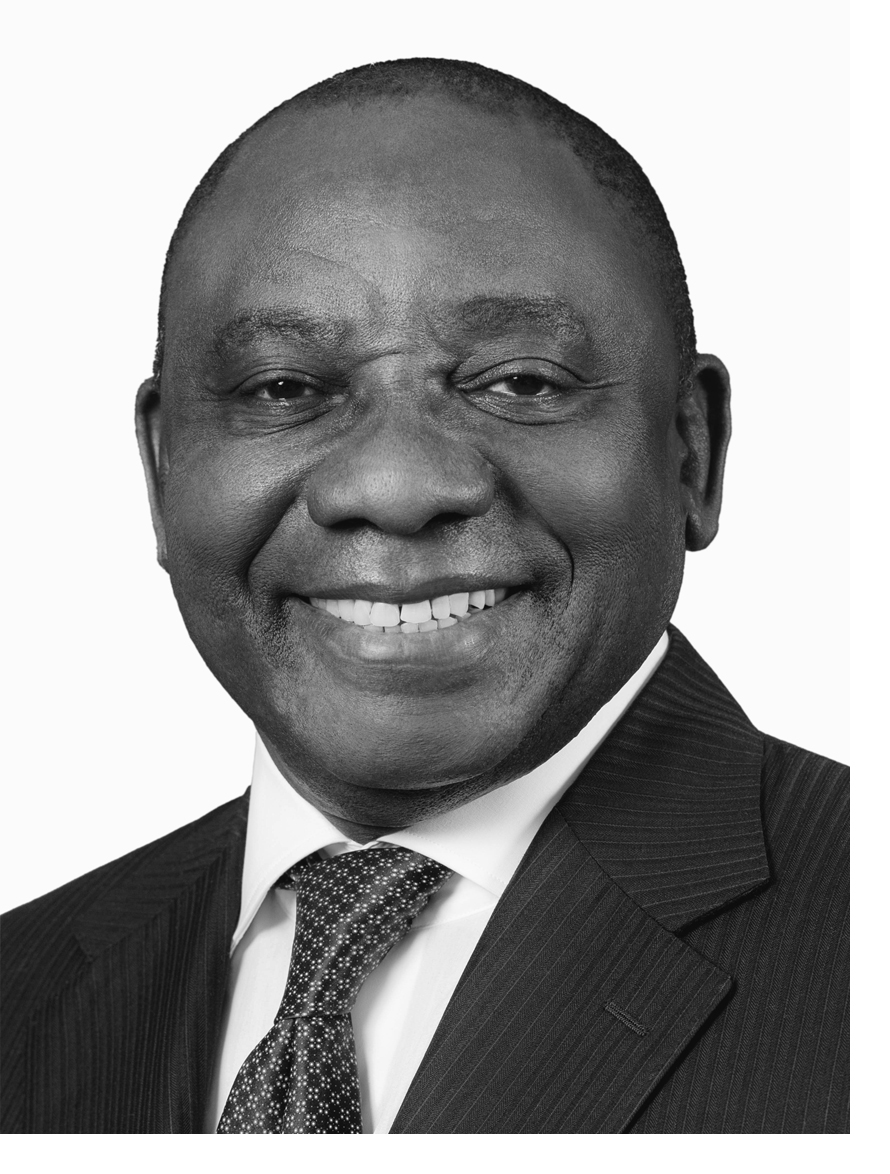Government remains committed to addressing issues of concern to the Khoi and San communities

The Presidency wishes to outline its engagement with a few members of the Khoisan community led by Mr Khoisan South Africa, who are camped on the South Lawns of the Union Buildings, Pretoria, with a list of demands on complex matters which the group wants government to address instantly.
In spite of the Presidency updating the group on progress made by government in response to demands that the group first presented in December 2017, Mr Khoisan SA alleges that the group will declare independence and self-governance on 1 January 2019.
The group is also opposed to the land reform process based on its belief that the Khoi and San communities are the owners of South Africa’s land and that Africans and whites have no claim to land ownership.
The group insists they will remain near the Union Buildings until their demands are met. The group has stated publicly that it will “take our country back” if its demands go unanswered.
This is in spite of the Presidency advising Mr Khoisan SA and members of the group to use appropriate forums – including public consultation processes facilitated by Parliament - to make their demands known and to influence policymaking on the issues they have raised.
The small group of Khoisan community members have been camping near the Union Buildings in Pretoria for several weeks to pursue a set of demands that were first presented in person to the then Deputy President, Cyril Ramaphosa, in December 2017.
As a gesture of goodwill following the presentation of the memorandum in December 2017, the then Deputy President arranged personally for the delegation to be transported back to Port Elizabeth to be with their families during the festive period.
The group has since returned to the South Lawns of the Union Buildings to demand that the President personally receive a “notice” in support of their 2017 memorandum.
The delegation has been met by two senior officials from the Ministry of Cooperative Governance and Traditional Affairs but has refused to present the “notice” to senior government officials – including Presidency Director-General Dr Cassius Lubisi – who have engaged with the delegation.
The 2017 memorandum called for the following:
a) Recognition of the Khoisan First Nation Status;
b) Recognition of Khoisan language(s) and designation as official languages;
c) Government to give the land back to the actual owners who are the KhoiSan, and to scrap the land reform policy that land claims should only be limited to land taken through the 1913 Land Act; and
d) Government to remove the word “coloured” in all forms of government documentation and replace it with the word “KhoiSan”.
The government representatives who have met with the Khoisan protesters in recent days have outlined to the group the steps government has taken to respond to the demands made a year ago.
Government has indicated to the group that with regard to the recognition of the Khoi and San, there is a Parliamentary process to consider the Traditional and Khoisan Leadership Bill, and the group should take advantage of that process to make its voice heard and participate in shaping the legislation.
Similarly, on legislative issues regarding land reform, the group has been advised to participate in the transparent public participation processes on land reform that are unfolding under the auspices of Parliament.
On the promotion and recognition of the Khoi and San languages, the group was advised that government has, through the Pan South African Language Board (PANSALB), made the following strides among others:
• A Khoekhoegowab Dictionary Glossarium has been developed and 500 copies of this dictionary have been distributed;
• A Memorandum of Understanding was signed by PANSALB with the National Arts Council on further development and research on the language and culture of Khoisan communities;
• A Memorandum of Agreement was signed with Namibia on a working relationship to develop, protect and train educators who will be able to educate children on the language and culture of the Khoisan communities;
• An Indigenous People’s Conference was held in 2017, attended by 300 delegates from South Africa, Namibia and Botswana as the three countries that are home to KhoiSan communities.
• A workshop has been planned by PANSALB with the Khoisan communities to further enhance the research work and getting more involved in providing information and taking part in the research on languages and culture.
Regarding the demand to remove the word “coloured”, the group was informed that such removal could not be effected without following a public consultation process.
Accordingly, it was proposed to the group that Cabinet could be approached to consider amending relevant government forms to include the name KhoiSan as part of the classification of communities in South Africa but without removing the word “coloured” at this stage.
Cabinet could be requested also to approve a public participation process on the word “coloured”. This process could provide direction on the future of this terminology or discourse.
Ultimately, government has advised the group that government works closely with the National Khoi-San Council and that a meeting was held with the Council in Bloemfontein on 17 November 2018 in to discuss matters of concern to the the Khoi and San communities.
Mr Khoisan SA is encouraged to interact with the Council so that he can contribute to its repositioning from within.
This will make it easier for government to interface with Khoisan leaders through a single, unified and legitimate structure.
Media enquiries: Khusela Diko, Spokesperson to the President, on 072 854 5707
Issued by: The Presidency
Pretoria




